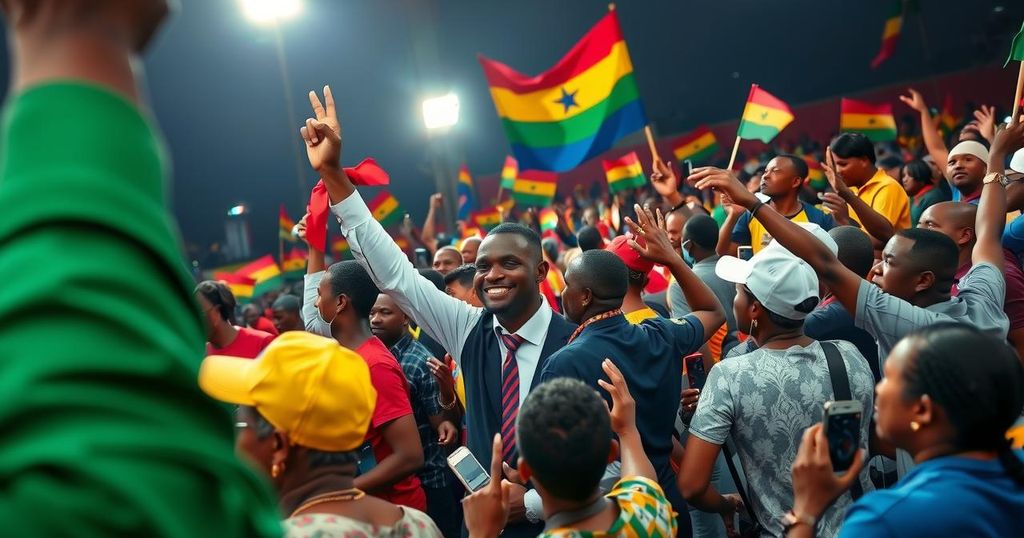The electoral costs in Ghana have escalated alarmingly, with estimates suggesting that winning a presidential election could exceed GH 1.5 billion (about $100 million). The Electoral Commission has allocated over GH 786 million (around $52 million) for electoral activities in 2024, amid significant concerns about campaign financing and potential corruption. Legislative frameworks remain inadequate to address these issues, raising doubts about the integrity of Ghanas democratic processes.
The electoral landscape in Ghana has evolved into a complex arena, where the financial implications of elections raise serious concerns among political stakeholders. Significant investments are imperative for candidates vying for public office, with estimates indicating that winning the presidential election could cost a minimum of GH 1.5 billion (approximately $100 million). This financial burden not only predicates the necessity of robust funding but also poses the risk of corruption, as individuals seek to reclaim investments through political patronage. In preparation for the upcoming elections, Ghana’s Electoral Commission has budgeted GH 786.9 million (around $52 million) for electoral activities, highlighting the ongoing costs associated with conducting elections in the country.
Additionally, it is essential to examine the fiscal outlines from previous elections. For instance, during the 2020 elections, the Electoral Commission expended over GH 760 million (approximately $51 million) on related activities. With rising costs and a dire economic context marked by an IMF bailout program, debates surrounding the expenditures necessary for effective electoral processes are more pertinent than ever. Given the current budgetary requests, the financial requirements are anticipated to increase due to necessary corrections during the electoral preparations, including ballot paper reprints.
However, the costs extend beyond the direct expenses of running elections. Citizens surveyed by the Centre for Democratic Development indicated the reality of political financing, highlighting the pervasive nature of financial requirements for parliamentary races, which can reach upwards of GH 9 million (around $600,000). The existing legislation regulating campaign financing, while ostensibly in place, has not adequately mitigated concerns regarding the inflow of illegal funds into electoral campaigns. Moreover, the scope of these financial demands raises considerable questions about the integrity of democratic processes and campaigns within the nation.
In recent years, Ghana has witnessed a burgeoning concern over campaign financing and the escalating costs associated with electoral processes. Multiple stakeholders, including political parties and candidates, have voiced apprehension regarding the disproportionate financial demands of running for office. With significant findings from various research institutions revealing the potential for corruption stemming from illicit funding sources, the integrity of democracy in Ghana is under scrutiny. The Centre for Democratic Development has played a pivotal role in shedding light on the financial dynamics of elections, emphasizing that the spiraling costs associated with both campaign financing and election administration are crucial considerations for the future of governance in Ghana. The upcoming 2024 elections, placed against the backdrop of a precarious economic situation, amplify these discussions and the need for remedying the existing legislative framework for campaign financing.
In conclusion, the financial landscape surrounding elections in Ghana is fraught with challenges, raising fundamental questions about the viability of democratic practices in the face of exorbitant costs and potential corruption. The anticipated expenses for the upcoming 2024 elections, coupled with alarming surveys highlighting the high costs of running for office, underscore the need for urgent reforms in campaign financing regulations. Ensuring clean and effective electoral processes remains crucial to safeguarding Ghana’s democracy and restoring public trust in government institutions.
Original Source: www.bbc.com






